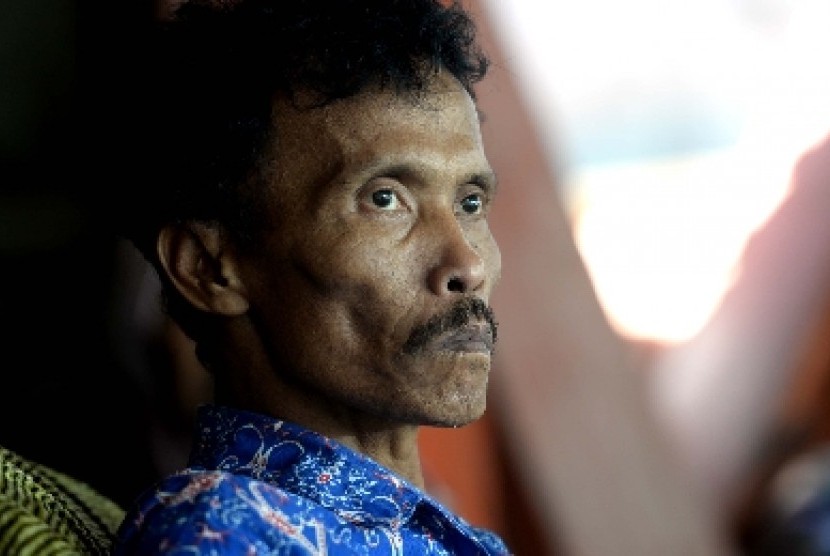On 26 September 2015, Salim Kancil was violently beaten to death by a group 0f 36 people. Kancil, 52, was a rice farmer and human rights defender from Pasirian district, East Java. He is survived by his wife, two children and grandchildren.
Kancil was leading protests against illegal sand mining operations at Watu Pecak Beach. These large scale extractions of sand caused serious environmental damage and destroyed many of the rice fields the community depended on by flooding them with sea water. Kancil along with his friend and fellow activist Tosan, organised large scale protests against the mining gangs. They wrote to relevant authorities but after receiving no response; organised a peaceful blockade of the mining area with hundreds of members of the local community. They reported receiving death threats following this action.
On the morning of a second planned protest Tosan and Kancil were dragged from their homes, beaten, stabbed, and left for dead on the road. 36 people were arrested for the attack with former head of Selok Awar-Awar Village, Hariyono, and Chair of the local Forest Village Community Institute, Mat Dasir found guilty of premeditated murder.
A representative for WAHLI – an Indonesian environmental group – reports that the murder of Salim Kancil is the first documented killing of an environmental activist in East Java. However with the rising demand for sand as a commodity and the corresponding rise of illegal ‘sand mafias’ this may increase.
